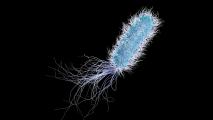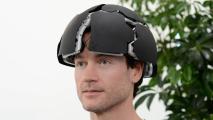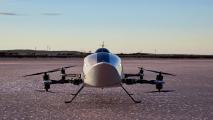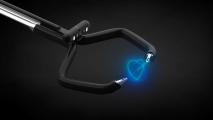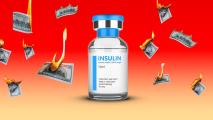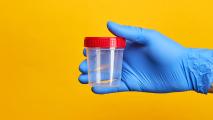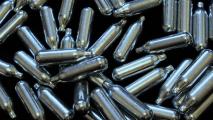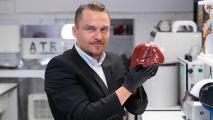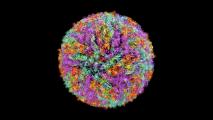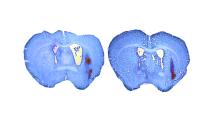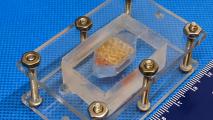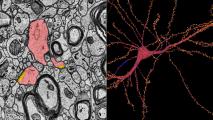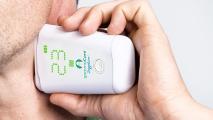
Biotech
Human history has been all but defined by death and disease, plague and pandemic. Advancements in 20th century medicine changed all of that. Now advancements in 21st century medicine promise to go even further. Could we bring about an end to disease? Reverse aging? Give hearing to the deaf and sight to the blind? The answer may be yes. And soon.
More
A new superbug strategy
Researchers at the University of Geneva have a new idea on how to stop superbugs: don’t kill them.
Kidney donation vouchers shave years off wait times
Kidney donation vouchers appear to be working as hoped, increasing the number of donations and decreasing wait times for needed organs.
These mind-reading helmets could be a Fitbit for your brain
Kernel has developed two mind-reading helmets that record the same brain activity data as massive, million-dollar machines, but cost just $100,000.
There may be a way to reverse acetaminophen damage in the liver
New research out of Singapore suggests that a protein thought to help acetaminophen toxicity may do the opposite.
Flying race car zips across the sky for the first time
The world’s first flying race car, the Airspeeder Mk3, has completed its maiden flight and is on track to compete in a first-of-its-kind racing series later in 2021.
The augmented, virtual, human-machine future of surgery is here
Advancements in XR technologies are rapidly integrating into the future of surgery.
Series|
Just Might Work
Biohackers take aim at big pharma’s stranglehold on insulin
These biohackers plan to give away their instructions for how to make insulin for free.
Treatment appears to stop Alzheimer's in monkeys
NYU researchers have modified monkey’s immune system to slow their equivalent of Alzheimer’s disease and improve their cognition.
Urine test for brain cancer detects tumors of any size
A new urine test for brain cancer analyzed microRNAs to correctly identify 100% of patients with brain tumors, regardless of their tumor’s size.
Low doses of nitrous oxide may treat depression
A new, small study has found that low doses of nitrous oxide — laughing gas — can treat symptoms of depression.
MIT researchers can fit more drug in less pill
A new drug formulation method developed by chemical engineers at MIT can fit more drug into less pill.
Surgeons can now practice on a 3D-printed copy of your liver
A new technique for creating life-like 3D-printed livers based on individual patients’ scans could help surgeons be better prepared for operations.
We may have a new ally in the fight against dengue fever
A large trial has provided the best evidence yet that infecting mosquitoes with Wolbachia can help reduce dengue infections.
Many amputees couldn’t afford a bionic arm — until now
Indian startup Makers Hive has developed a bionic arm that’s not only 90% cheaper than most, but also more functional.
Beer hops could hold key to preventing common liver disease
Compounds derived from hops might be able to help prevent — or even treat — nonalcoholic fatty liver disease (NAFLD) in people.
A virus "chimera" reveals new dengue targets
Using a flavivirus that only infects insects, Australian researchers can safely study more dangerous viruses.
Two opposite kinds of stroke. One promising treatment.
A new stroke treatment could give doctors a way to help victims sooner, improving their chances of avoiding permanent brain damage.
3D-printed liver tissue may be first step to lab-grown organs
A NASA challenge designed to accelerate tissue engineering has announced two winning teams, both of which used 3D bioprinting to create human liver tissue.
Google and Harvard have created the most detailed brain map yet
Google and Harvard have released the most detailed map yet, called a connectome, of a section of the human brain.
Neck-zapping device helps sleep-deprived soldiers think
A handheld device that delivers vagus nerve stimulation was shown to combat the effect of sleep deprivation in soldiers.
Get inspired with the most innovative stories shaping the world around us.













